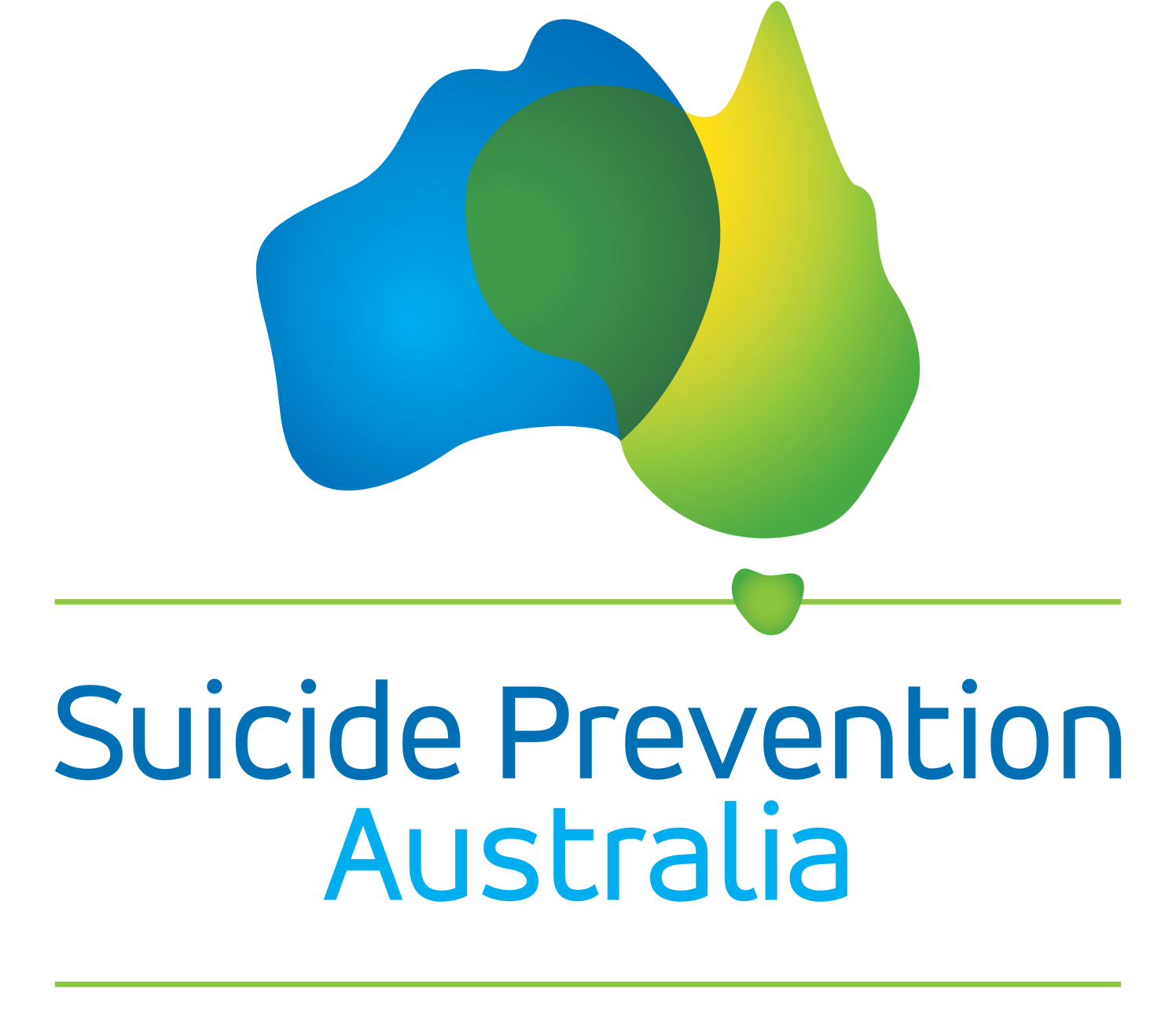The Australian Bureau of Statistics has today released the first comprehensive national look at the level of suicidal behaviours in the community in 15 years, including an updated measure of suicidal thoughts and behaviours.
The ABS data suggests:
- 3.3 million Australians have thought about taking their own life at some stage in their life, and 669,000 people have thought about taking their own life in the last 12 months.
- 1.5 million Australians made a plan to take their own life at some stage during their life, and a quarter of a million made a plan to take their own life in the last 12 months.
- 7.5 million Australians have been close to someone who had taken or attempted to take their own life at some stage during their life, while 1.2 million had been close to someone who had taken or attempted to take their own life in the last 12 months.
This data strongly reinforces our urgent call for the new Labor Federal Government to introduce a National Suicide Prevention Act – similar to South Australia and Japan – that helps mitigate the negative impacts of economic and social determinants like rising interest rates, financial stress and affordable housing.
CEO of peak body Suicide Prevention Australia, Nieves Murray, said this new data clearly shows distress in our community is high as we emerge from the pandemic and compounding natural disasters.
“It’s important to remember that every statistic represents a life lost or an individual in distress that has a cascading impact among families, friends, colleagues and community groups. Every life lost to suicide is heartbreaking and we must speak safely and compassionately about any data around suicidal behaviours.”
Ms Murray urges anyone experiencing distress to reach out for help by calling Lifeline on 13 11 14.
“My message is clear when it comes to preventing suicide. There is hope, there is help available and there is no harm done by asking someone directly about suicide.
“We know from our own research that connection with support networks, like clinical or community services, is critical in shaping someone’s ability to get help.”
Ms Murray said the sector has advocated strongly over the past 15 years to ensure those who attempt suicide have the support they need. We’ve secured commitments from all governments to universal aftercare services, but we urgently need to see these commitments implemented on the ground.
“It’s disappointing that suicide deaths in Australia are still higher than they were 15 years ago and still the leading cause of death in younger Australians.
“We are now at a critical juncture for suicide prevention. Research finds the largest increase in suicide rates can occur two-to-three years after a disaster, when initial support factors subside and immediate community responses fade away.
“We know there’s record levels of distress across our community. The decisions we make now will help to reduce this distress and save lives.
“It’s important to understand that suicide is complex with varied risk factors. The social determinants of health can have a direct impact on an individual’s health and wellbeing. Examples of social determinants that impact on suicide include domestic violence, addiction, bereavement, financial crisis, insecure housing and social isolation.
“There is no easy fix and major systemic reform is required to make significant progress. This is exactly why Suicide Prevention Australia and our members are calling for the Australian Government to pass a National Suicide Prevention Act.
“An Act would ensure that every government department, whether it’s housing, education, social security or health, must look at their policies and priorities through a suicide prevention lens. This is a critical step in protecting our community at a time when it’s needed most.
“Addressing the causes of distress plays a critical role in reducing suicide attempts and ultimately lives lost. Suicide prevention requires a serious focus on the upstream factors that cause distress. A National Suicide Prevention Act is key to this,” said Ms Murray.
General Manager of Standby Support After Suicide, Karen Phillips, said, “Postvention is about supporting families, friends, colleagues and communities at any stage after their loss. Our service is available 24/7, across Australia via our 1300 727 247 support number. StandBy has been extensively evaluated with consistent results. Within 12 months after the loss, people who have received support from StandBy reported significantly lower levels of suicidality and loneliness than people bereaved by suicide who did not access support. Research consistently finds that StandBy plays an important role in preventing further suicides amongst people bereaved by suicide,” said Ms Phillips.
-ENDS-
To get help 24/7, phone Lifeline on 13 11 14 or the Suicide Call Back Service on 1300 659 467. If you or someone you know are in immediate danger, phone 000 for emergency services.
Help to report about suicide safely is available online: Go to https://mindframe.org.au/
Media enquiries:
Clare Kinsella 0427 689 689 or clarek@suicidepreventionaust.org
Amelia Banks 0410 591 134 or ameliab@suicidepreventionaust.org
About Suicide Prevention Australia
Suicide Prevention Australia is the national peak body and we’ve been providing support for Australia’s suicide prevention sector for more than 25 years. We support and advocate for our members to drive continual improvement in suicide prevention policy, programs and services. Our reach is broad, including member organisations, governments, businesses, researchers, practitioners and those with lived experience. We are focused on an integrated approach to suicide prevention encompassing mental health, social, economic and community factors. We believe that through collaborative effort and shared purpose, we can achieve our vision of a world without suicide.
